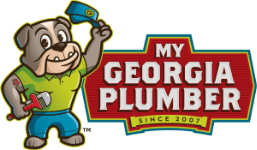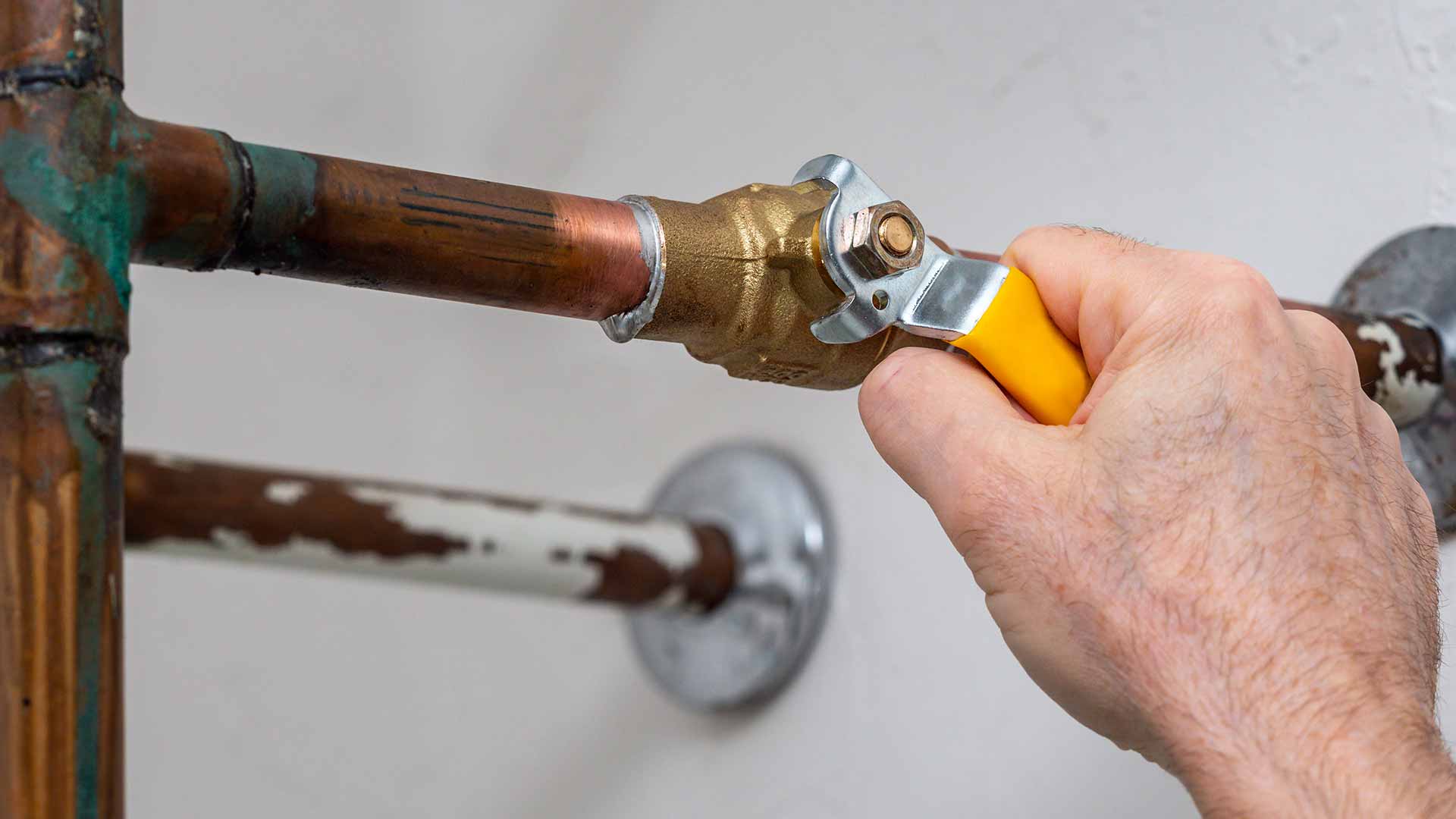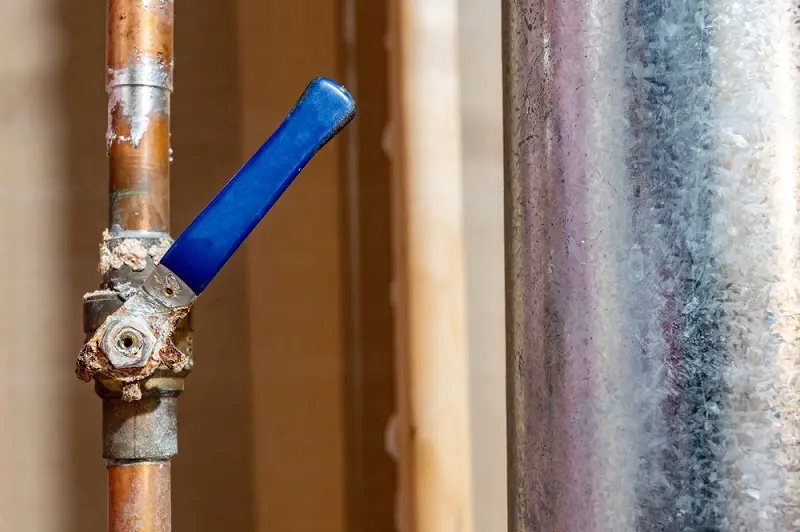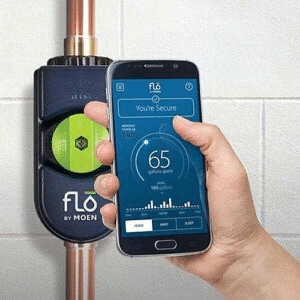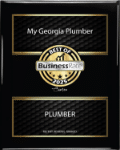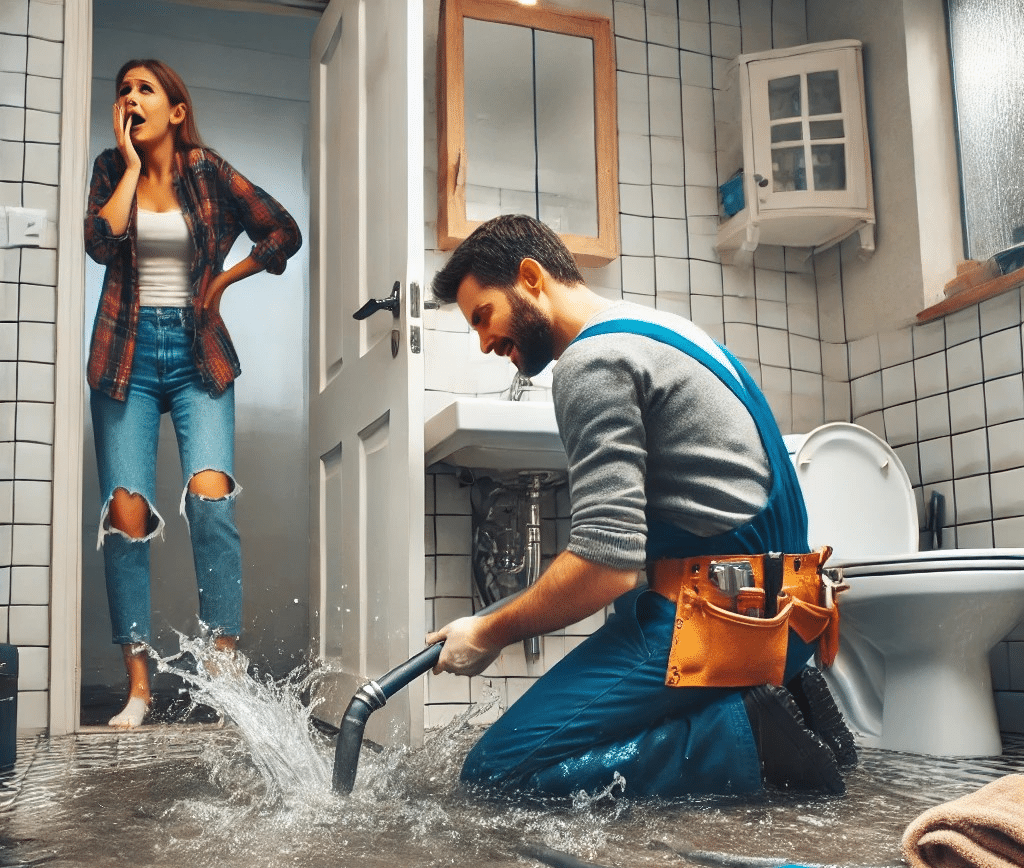
When a plumbing emergency strikes, the difference between minimal inconvenience and extensive damage is often preparedness. At My Georgia Plumber, we understand the importance of being ready for any plumbing situation. Here’s a quick checklist to help you stay prepared and minimize any potential damage in the event of a plumbing emergency.
1. Know Where Your Shut-Off Valves Are
Locate and understand how to operate your home’s main water shut-off valve. Typically, this valve is located in the basement, crawl space, or near your water meter. Knowing how to turn off the water supply can significantly reduce the risk of flooding during a pipe burst. It’s also a good idea to know the locations of individual shut-off valves for sinks, toilets, and appliances.
2. Keep Basic Plumbing Tools Handy
Having a toolkit on hand can help you handle small plumbing issues before they turn into emergencies. Tools like a plunger, adjustable wrench, pipe wrench, duct tape, and a pipe cutter are essential for quick fixes like leaks or clogged drains. By addressing minor issues quickly, you can prevent them from escalating into costly repairs.
3. Check for Leaks Regularly
Make it a habit to inspect your home for signs of leaks. Look under sinks, around toilets, and along exposed pipes for dampness, discoloration, or mold growth. Also, pay attention to any sudden increase in your water bill, which could indicate a hidden leak. Detecting leaks early can prevent more serious plumbing failures and save you money in the long run.
4. Have a Bucket and Rags Ready
Buckets and rags are useful for containing water from small leaks until professional help arrives. This simple precaution can save you from extensive water damage. Keep these items in easily accessible locations, such as under the sink or in a utility closet.
5. Inspect Your Water Heater
Check your water heater periodically for rust, leaks, or irregular noises. Water heaters can fail unexpectedly, leading to significant damage. Regular inspections can help you catch issues like sediment buildup, rust, or a faulty pressure relief valve, allowing you to address them before they become serious problems.
6. Monitor Your Water Pressure
High water pressure can strain your plumbing system, potentially leading to pipe bursts. Consider installing a pressure gauge and regularly checking to ensure pressure levels are within the recommended range of 40-60 psi. If the pressure is too high, installing a pressure regulator can help protect your plumbing.
7. Have an Emergency Contact List
Save My Georgia Plumber’s contact information in your phone or keep it accessible in case of emergencies. Quick access to a trusted plumber can minimize damage and get your plumbing system back to normal faster. Make sure your family members also know whom to contact in case of a plumbing emergency.
8. Test Your Sump Pump
If you have a basement, testing your sump pump regularly ensures it’s in good working condition before heavy rains or flooding. Pour a bucket of water into the sump pit to make sure the pump activates and drains the water properly. A well-functioning sump pump can protect your home from water damage and prevent costly repairs.
9. Take Preventative Measures During Winter
If temperatures drop, insulate exposed pipes to prevent them from freezing. Frozen pipes can lead to bursts, which often result in extensive water damage. Use foam pipe insulation or heat tape to protect pipes, especially in unheated areas like basements, crawl spaces, and attics.
10. Inspect Appliance Hoses
Regularly check the hoses that connect to your washing machine, dishwasher, and refrigerator. Look for any signs of wear, such as cracks or bulges. Replace hoses every 3-5 years or as needed to prevent unexpected leaks and flooding.
Be Ready When Emergencies Happen
Preparation is key when it comes to plumbing emergencies. By following this checklist, you can minimize damage, keep your household safe, and avoid costly repairs. If you do experience a plumbing issue, remember that My Georgia Plumber is just a call away at 770-592-0081, or you can schedule an appointment online.
How to Shut Off Water in Your Home – Emergency Shutoff Guide
Stop the water until we can fix the leak! A burst pipe, overflowing toilet, or leaking water heater can cause serious water damage in minutes. Knowing how to quickly shut off water to different areas of your home can save you from costly repairs. In this guide, we’ll walk you through how to locate and...Continue reading→
Water Line Repair and Installation in Woodstock, GA: Essential Information for Homeowners
If you’re a homeowner in Woodstock, GA, a well-functioning water line is essential to your daily life. Water lines supply clean water to your home, powering everything from your kitchen faucet to your washing machine. Unfortunately, water lines can experience issues over time, often due to age, mineral buildup, or shifting soil. Here’s what you...Continue reading→
Flo by Moen Smart Water Valve Review
Do you want to save money on your utility bills and protect your home from costly water damage? The Flo by Moen smart water valve is the answer you didn’t know you needed. This innovative device is designed for homeowners and is especially beneficial for those who travel frequently or spend long hours away from...Continue reading→
